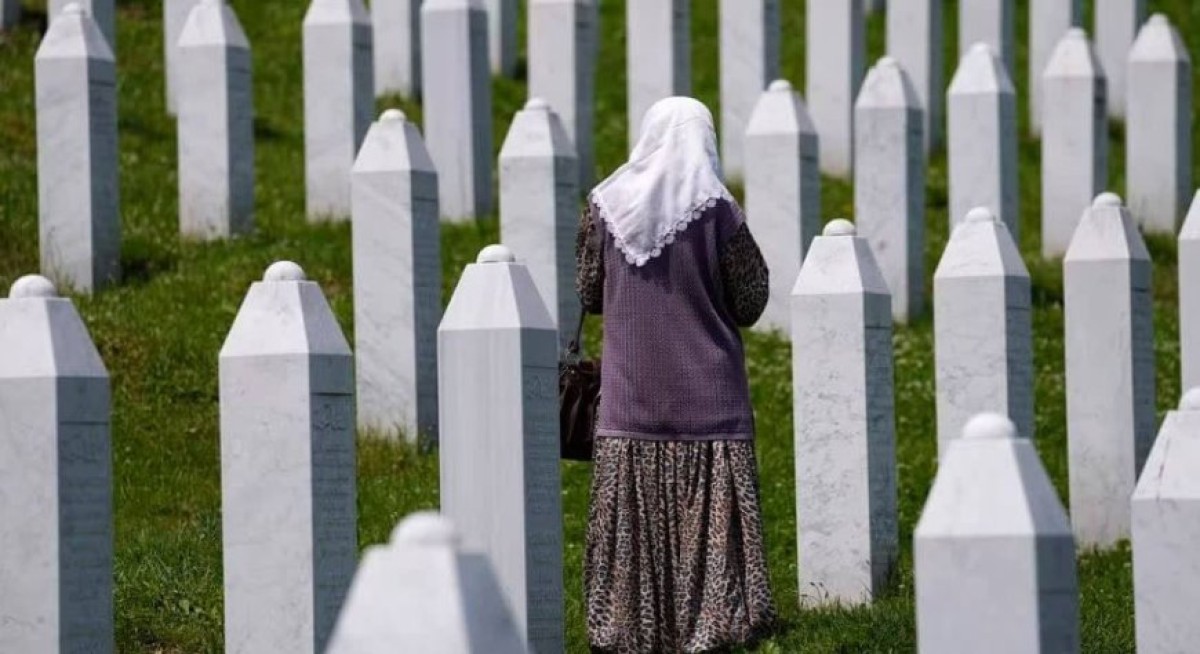 1271
1271
The apex of the Bosnian war was the Srebrenica genocide, which ignited nationalist sentiments and territorial ambitions among the Bosnian Serbs, Croats, and Bosnians following the collapse of Yugoslavia. On July 11, 1995, Bosnian Serbs seized the UN-protected safe haven in Srebrenica. Despite seeking refuge in this area and being under the protection of Dutch forces affiliated with the UN peacekeeping mission, the Muslims were handed over to the Serbs by the Dutch soldiers. Under the command of Ratko Mladic, the Serbs mercilessly slaughtered a minimum of 8,000 Bosnian men and boys, while subjecting their wives, mothers, and sisters to separate pursuits, killings, and burials in mass graves within the surrounding forests.
Another harrowing facet of this conflict was the systematic and widespread rape of 12,000 to 50,000 Bosnian Muslim women by Serbian soldiers, executed with the explicit objective of ethnic cleansing. The Serbs aimed to impregnate these women with Serbian offspring, thereby detaining them for several months after the assaults to ensure successful pregnancies. This abhorrent crime inflicted deep psychological and emotional scars on the women who endured it throughout the three-year war.
Although the war officially concluded with the signing of the Dayton Peace Agreement in December 1995, the impact of this massacre continues to reverberate. Ongoing investigations into the victims of this genocide recently led to the discovery and burial of 50 victims' remains in mass graves. The Srebrenica Muslim massacre serves as a stark reminder of the cruelty and crimes committed against innocent and unarmed individuals solely based on their adherence to the Islamic faith. It is particularly disheartening that such atrocities transpired in the heart of Europe, a region where leaders ostensibly champion human rights and freedom of expression. This incident also raises concerns about the reliability and effectiveness of international organizations and major powers in preventing and addressing such atrocities.
To ensure that this crime is not forgotten and to serve as a global lesson, it is imperative to preserve the name and memory of Srebrenica. The Bosnian people annually hold a memorial ceremony for the victims of the Srebrenica massacre. Commencing three days prior to the anniversary of this tragedy, individuals from Bosnia and Herzegovina, alongside guests from around the world, partake in a symbolic 110-kilometer march to the city of Srebrenica. Accompanied by the families of martyrs and survivors of the incident, they pay tribute at the Potočari cemetery on the outskirts of Srebrenica, the final resting place of the investigated victims of this heinous crime. This commemorative event, known as the "Mira March" peace march, takes place between July 8 and 11 each year, drawing the attention of freedom advocates worldwide.
By: M. Sharifi
Comment
Post a comment for this article